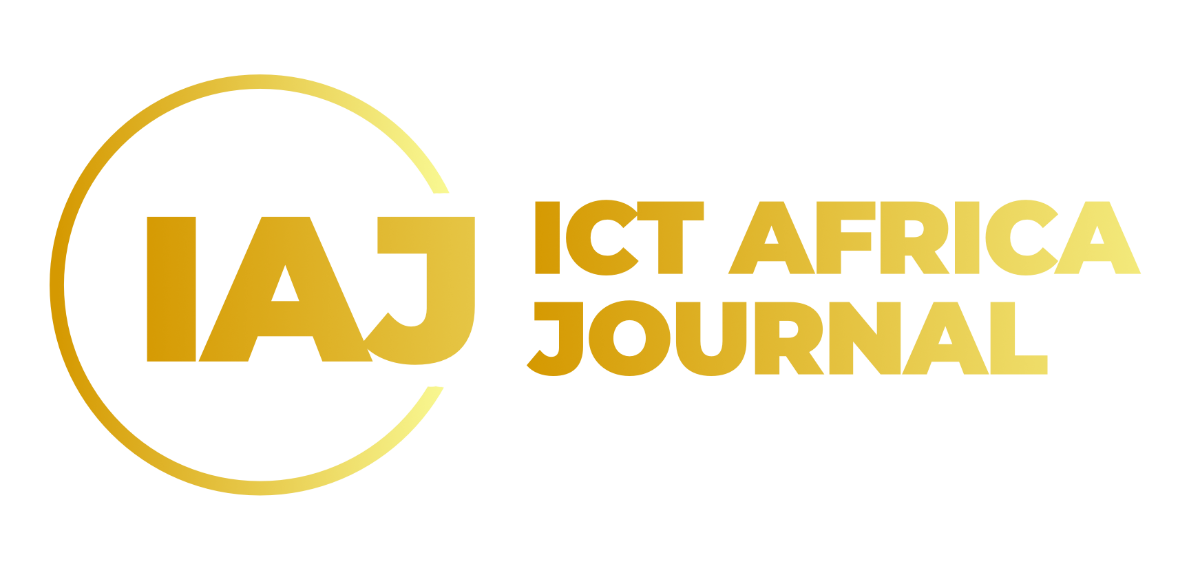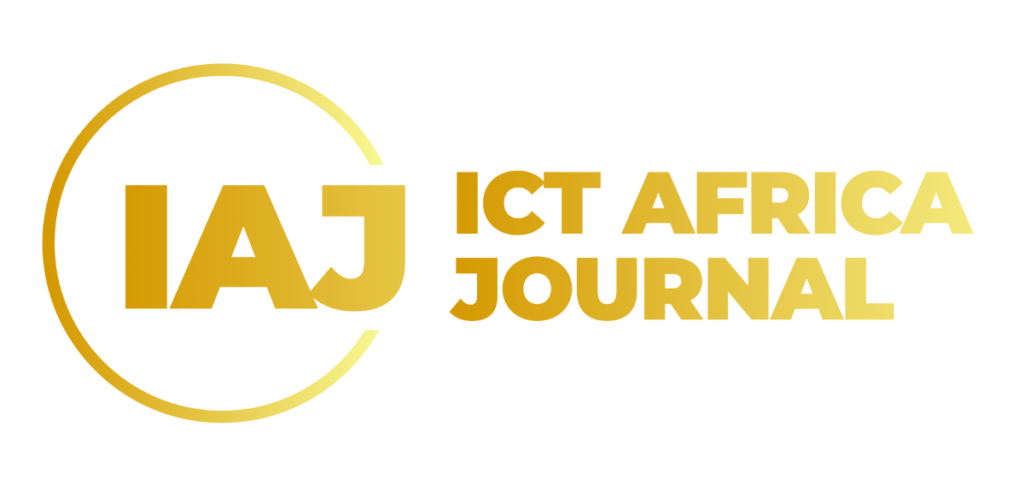According to the GSMA’s 2024 State of the Industry Report on Mobile Money, Sub-Saharan Africa is home to almost three-quarters of the world’s accounts. This development is driven mainly by the growth of Nigeria, Ghana, and Senegal. Mobile money services added an additional 500 billion dollars to the total gross domestic product (GDP) between 2013 and 2022, which is around a 1.5% increase.
There’s a slightly lowering effect on mobile money adoption and active user growth. Registered account growth was 12% year over year in 2023. Bank-to-mobile and mobile-to-bank transactions grew by 15% year over year to $210 billion in 2023. This is still a rise despite the slowdown in growth in 2023 compared to 2022. Transaction values also dropped for the first time in 2023.
Despite these slowdowns, the report highlights that West Africa has become a mobile money powerhouse for Africa and beyond. This means that more than 33% of the total global newly registered and active accounts for more than 30 days are from the region.
To understand the reasons for this success, we took a closer look at Ghana, where there was a debate between innovation and regulation in the Ghana Fintech Award 23. This night was of the industry innovators, so there was nothing unusual in the result that the innovation team was strongly supported that night. Despite this result, Ghana’s financial sector achievements heavily relied on the role of regulators. Richard Nunekpeku, Technology Consultant and the Managing Partner of Sustineri Attorneys Pruc focuses on the fact that the financial regulation system in Ghana is managed by the Bank of Ghana, and without those strict guidelines, the financial system would face risks and exposures. (Read the full article here.)
Derrydean Dadzie, fintech expert, technology entrepreneur, and CEO of Herritors Labs, agrees. He describes that the Bank of Ghana (BoG) not only regulates the banking sector but has done a yeoman’s job as the leading institution responsible for supervising financial market participants, developing and enforcing monetary policy, ensuring price stability, and promoting financial innovation. The work of the BoG not only supports society but also helps to increase public interest in the banking system and the domestic financial sector, which includes Fintech. The future heavily lies in improving and promoting the Fintech ecosystem and the broader financial industry. For that, it is essential to develop the regulations constantly and have highly qualified technology experts and an increasing number of FinTechs. (You can read his article: Outsourcing Destination Guide Ghana.)











